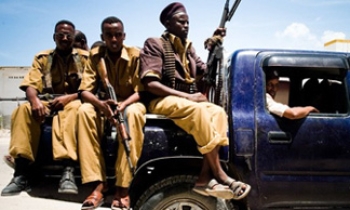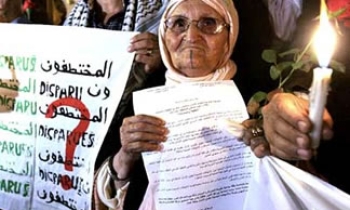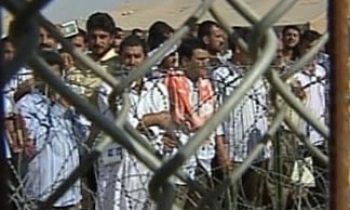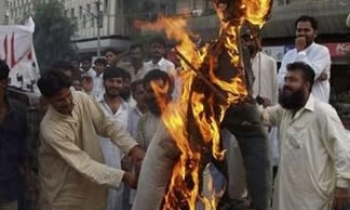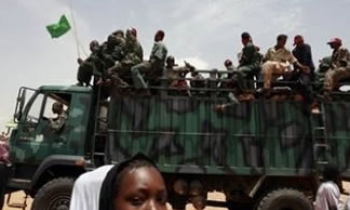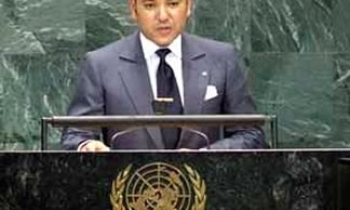BAGHDAD -- Mohammed Shakir has been selling newspapers from his stall on the right bank of the Tigris River in Baghdad for 20 years.
He used to offer a selection from all of Iraq's political movements and parties - but no more. In his majority Sunni neighborhood that has proved simply too dangerous.
Two months ago a group of masked men showed up at his stall and ordered Shakir to stop selling papers printed by Shiite groups or government officials, saying that he would be killed if he did not comply.
"They even threatened people who buy these papers in the neighborhood," said Shakir, who took the threat seriously and closed down because most papers he carried dealt with Shiites and Shiite issues.
And it appears that these were not idle threats. Two paper sellers were killed in the last two months in Baghdad's Adhamiya neighborhood, a Sunni area. Another three lost their lives in Dora, a district south of the capital that used to be mixed but is rapidly becoming purely Sunni.
Paper sellers say that no one dares to sell newspapers in these areas since they fell under the control of Sunni militants. Banned titles include SCIRI's Al Adala; Al Baya from the Dawa party; and the Sadrists' Ishraqat.
And it is not just paper sellers and their customers who have been caught up in this latest form of sectarian violence sweeping the Iraqi capital. Cafés with televisions have been threatened with bombing unless they stop showing Shiite stations. Several bookshops have also been burned down or targeted by bombers.
The attacks come against a backdrop of a seemingly vibrant media environment in Iraq.
During Saddam's time, the only papers available were those issued and controlled by the state. After the regime's fall, the media scene flourished. In summer 2003 dozens of new titles appeared, and after decades of censorship Iraqis were at last able to enjoy diverse viewpoints.
In the last year, however, the Iraqi media has developed a strong tendency toward sectarianism. Many papers, radio, and television stations are now closely affiliated with political or ethnic groups, which often provide them with funds.
Sadiq Abdel Hussein, 35, a schoolteacher from the working class Shiite district Sadr City, points out that it is not just Sunni militants who are trying to stifle press freedom. He says that members of the Mehdi Army, a militia loyal to the radical Shiite cleric Moqtada Al Sadr, are also intimidating paper sellers - and bookshops - in areas that they control.
"The militias try to restrict the shops to selling only religious books and force the paper sellers to circulate leaflets from the Mehdi Army," he said. "The Mehdi Army also banned all papers issued by American troops."
In another development, the Mehdi militia is also said to have forbidden the public showing of music channels Rotana or Melody, Arabic versions of MTV that are popular among young Iraqis.
"Anyone who shows these channels publicly might be whipped or tortured by militia members," said Hussein.
Security forces say that they have little influence over neighborhoods run by the militias.
"We can't even protect ourselves. How can we protect others?" said policeman Mohammed Rafia who patrols in Dora, adding that in effort to thwart the militants, officers are delivering pro-government papers issued by Iraqi ministries or by the multinational forces in Iraq.
Saif Muhsin, a 33-year-old government employee, who lives in the Adhamiya neighborhood, is dismayed at the situation.
"I never expected that the country would reach this low point of freedom where people get killed for reading or even carrying this or that paper," he said, adding, "If only the government and the security forces granted citizens as much freedom to read different opinions as militias have to roam the streets."
"But the government sits safely in the Green Zone and the militants rule the streets," he said.

